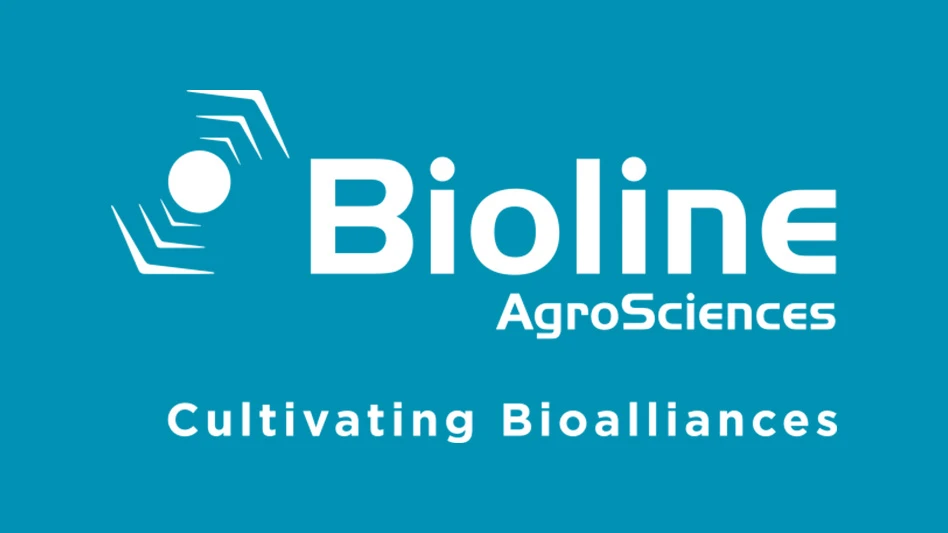Getting your Fiber
Google Fiber is finally available to select small businesses. Will it come to your area next?
By Chris Mosby
 Google’s wide-reaching offerings (from search engines to cell phones) have just expanded a smidgen more.
Google’s wide-reaching offerings (from search engines to cell phones) have just expanded a smidgen more.
The company has been dabbling with opening itself as an Internet Service Provider (ISP), providing pockets of the country (and specifically Kansas City, Kansas) with high-speed internet. However, prior to last month, Google’s internet offerings had been limited to public use, with businesses unable to join the network.
That changed November 11. Google Fiber (the name of the company’s ISP division) for Small Businesses debuted. The initial offering for businesses is fairly small, with two pockets of Kansas City having access to Fiber. According to Venture Beat, however, the company plans on expanding in Kansas City. Prior to Nov. 11, the company was offering select companies an early-access trial to Fiber.
So what makes Google Fiber newsworthy? Why should you care?
Google Fiber transmits data at roughly 1000 megabits per second (Mbps). That number may not initially mean anything to you. But 1000 Mbps is nearly 100 times faster than any other ISP’s offering available in America. It means that you could download almost anything instantaneously. Need to download a catalog of plant pictures? Done. Need to videochat with an extension specialist? No problem. Google Fiber makes anything possible.
Access to Google Fiber also gives you a terabyte of cloud storage space. That means, you can digitally store almost all of your company’s information.
And the price is more than reasonable. Google spokespeople have been quoted saying that the price for service, for small businesses, is about $100 a month. For the record, Google Fiber’s monthly charge to household customers is about $70.
One of the drawbacks of Fiber is that it’s simply not widely available. The network hasn’t existed for very long and resides mostly in urban areas (making it a difficult acquisition for rural operations). Fiber is currently available in Kansas City, Austin, Texas, and Provo, Utah. The company’s website claims that it is currently in negotiations with 34 cities across the United States and could potentially be bringing super high-speed internet to towns like Portland, Oregon, Raleigh-Durham, North Carolina and Atlanta, Georgia.
Those 34 negotiations could take a while to progress. Google officials will meet with city officials, run through a “Fiber-ready” checklist of tasks and then conduct a thorough survey of the area. In addition, cities with bedrock or unusually difficult soil could be eliminated from receiving Fiber.
When, and if, Fiber becomes available nationwide (or at least in more than three cities) the ramifications could be wide reaching. Your ability to store information, share it with customers, process purchase orders or communicate with business partners will become quicker, easier and more powerful. Internet could also become a cheaper commodity for most users. Paying for high-speed internet, a must for some businesses, can become pricey very quickly. Having Google provide the service appears to deflate that cost.
For more: http://goo.gl/GcQmjU
Multimedia Minute
Water disinfection
Lucas Greenhouse in New Jersey has some unique water disinfection practices.
Watch the video here: http://goo.gl/hnoGV8
Free plants for dorm rooms
Florida grower Costa Farms celebrated National Indoor Plants Week by giving away plants on college campuses.
Watch the video here: http://goo.gl/l2k2tB
Engage staff in five conversations
Author Kim Seeling Smith explains how managers can avoid the employee engagement crisis by holding five simple conversations with crew members.
Watch the video here: http://goo.gl/d7ymMG
Defining net neutrality
Net neutrality.
It’s a buzzword that’s going to increase in usage and popularity over the next year (or years). Pundits on both sides of the aisle have spouted heated opinions on the topic and the internet is aflame with petitions and blogs dedicated solely to the topic.
So, let’s define net neutrality. The Internet currently operates without favoritism. That means that internet providers, like Comcast, AT&T, etc., cannot concern themselves with what is being delivered via their connection. All websites, and their associated content, have to be delivered at the same rate of speed.
From Twitter
U.S. EPA @EPA
We’re giving 9 small businesses $2.7M to fund for their innovative, green technologies. http://go.usa.gov/AH65 #EPAsbir
ChicagoBotanicGarden @chicagobotanic
Veterans working in the Garden grow healthy, grow together, and prove an inspiration to all. #veteransday #honor… http://my.chicagobotanic.org/?p=15524
ASHS @ASHS_Hort
Very cool microscopic plant images. http://www.newscientist.com/gallery/psychedelic-plants/1 …
Terra Nova Nurseries @TerraNovaNurs
If you utilize graywater for #landscaping, make sure to do it safely. @UCMasterGarden explains how here: http://ow.ly/E8rP3
Syngenta US @SyngentaUS
• #Marestail was one of the first glyphosate-resistant weeds identified in the US.
BASFPlants_us @BASFPlants_us
See how easy it is to release and spread predatory mites with our Sultan IPM video: https://www.youtube.com/watch?v=5a_VjoS-CeQ&feature=youtu.be …
PanAmerican Seed @PanAmSeed
• It’s a chilly 27 degrees in Chicago today, luckily we’ll be talking about a warmer time of year, Spring and how landscapers plan for it!
HGTV @hgtv
New and unexpected holiday color palettes to try this season--> http://hg.tv/216mc
PRO-MIX @promixghgrowing
Advantages of #urban #gardening and #greenroofs #rooftop #greenhouse #locally grown http://ow.ly/DT4Oq http://ow.ly/i/7tKLH
Home Depot Canada @HomeDepotCanada
What’s your favourite way to decorate for the holiday season? #HolidaysHappenHere

Explore the December 2014 Issue
Check out more from this issue and find your next story to read.
Latest from Greenhouse Management
- CEA Alliance celebrates bipartisan introduction of Supporting Innovation in Agriculture Act
- Dümmen Orange North America celebrating 25th anniversary in 2025
- CEA HERB Part 1: Best management practices for culinary herbs
- Lawsuit challenges new H-2 visa rules
- CEA HERB Part 2: A guide to increasing the sowing density of culinary herbs
- Illinois Landscape Contractors Association changes name to Landscape Illinois
- 2025 Proven Winners Horticulture Scholarship applications now open
- ICL’s Gemini Granular herbicide now registered for use in California







